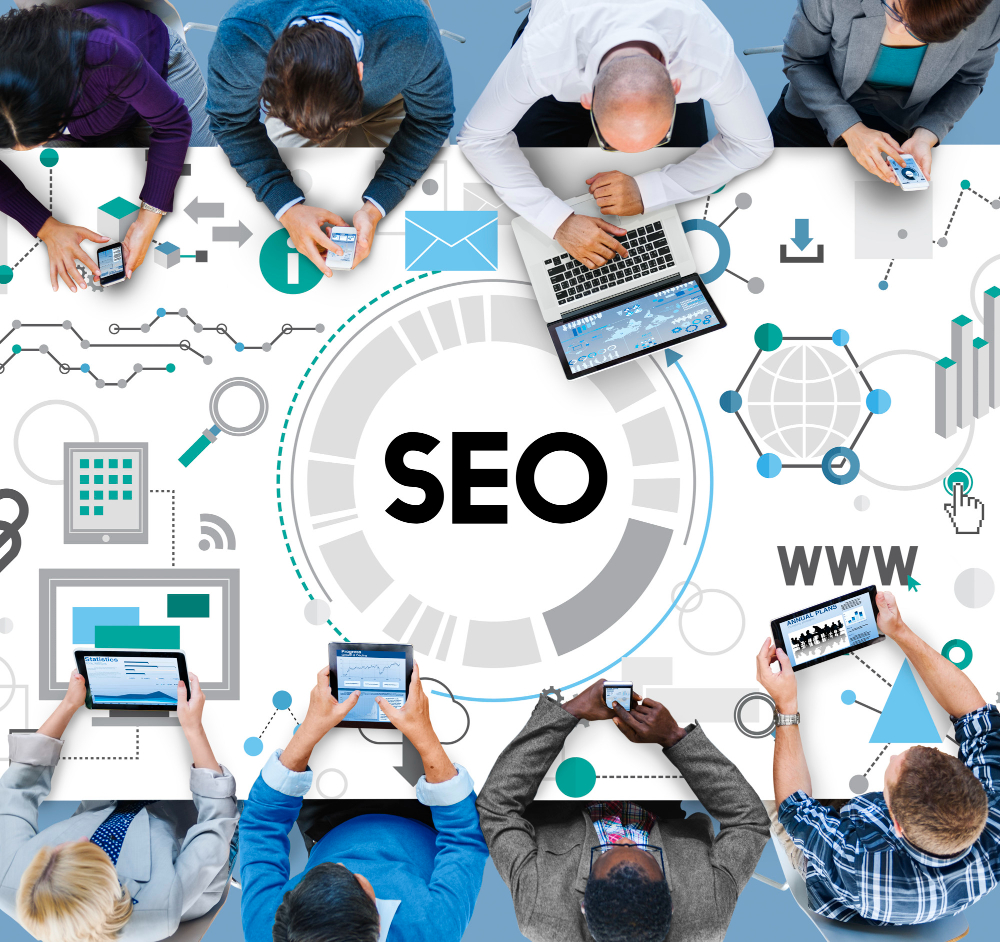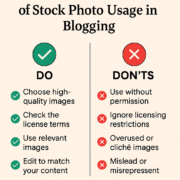AI in SEO: How to Use AI Tools to Boost SEO and Performance
AI is transforming the very essence of search and SEO. As users encounter results that become more personalized and shaped by their actions, devices, and locations, the digital landscape goes through a significant transformation. This shift redefines the traditional rules of SEO, emphasizing the importance of highly customized optimization strategies. Although conventional methods remain relevant, it’s the integration of AI that provides the competitive advantage, creating intricate links between user intentions and content.
This article embarks on an exciting journey into the dynamic world of SEO and AI. Here, we unveil the array of tools and strategies at marketers’ disposal, empowering them to leverage AI’s full potential. Join us as we explore the future of search, where AI and SEO coalesce to unlock remarkable online visibility and pave the path to digital success. With AI’s transformative powers, the possibilities are limitless, and the future is promising and bright.
AI in SEO: 5 Applications
AI in SEO, or integrating artificial intelligence and search engine optimization, is a powerful combination with many applications. In this section, we’ll explore the diverse ways AI and SEO intersect to elevate digital marketing strategies and web presence.
1) Content Creation with AI
AI tools have revolutionized content creation, enabling marketers to produce high-quality materials at a remarkable pace. With the advent of AI writers and tools like AI summary generators, marketers can now generate content swiftly and efficiently. This not only saves time but also ensures that the content aligns with SEO best practices, so it’s no wonder that most of the executives are already using or planning to use AI for content marketing.
So, how do you use AI for SEO? AI in SEO harmonizes seamlessly with free AI writer tools, offering a streamlined approach to generating SEO-friendly content. Marketers can use AI for SEO by harnessing these AI-driven writing tools to craft keyword-rich, engaging content that not only caters to the needs of search engines but also resonates with their target audience, ultimately boosting online visibility and performance.
2) AI-Generated Images
AI-generated images present a unique advantage for SEO strategies, unlike traditional stock images. The precision and customization offered by an AI photo generator cater to diverse content needs, ensuring visuals align perfectly with the context of the website. These tailored images not only enhance user experience but also reduce bounce rates, indicating relevance to visitors.
In the realm of SEO and AI, these unique visuals contribute to improved engagement metrics, influencing search engine algorithms positively. Websites featuring original, AI-generated images often experience higher click-through rates, boosting their organic search rankings. By seamlessly integrating these visuals, businesses harness the power of AI in SEO, creating a more engaging and visually appealing online presence.
3) AI for Keyword Research and Optimization
One of the most important parts of SEO is researching keywords. Although the task typically requires a lot of time and effort, AI tools have made it much easier. AI-based tools such as SEO Vendor’s AI Analysis help with the analysis semantic keywords, keyword variations, and anchor text usage. Additionally, AI SEO automation platforms like WordLift enable publishers to automate structured data, internal linking, and other on-page-related factors, showcasing the invaluable role of AI in SEO for optimizing content and enhancing website performance.
4) AI for Voice Search Optimization
Voice search engine optimization is becoming an increasingly important part of search engine optimization. Since the majority of voice searches take the form of questions, responding to user inquiries is a key strategy for voice search engine optimization. Here’s when AI tools become especially useful. For instance, you can generate content optimized for voice SEO by using tools like Frase, which shows you the questions that searchers are asking so you can adjust your content to answer them.
Another aspect of voice search is its conversational nature, where AI principles like NLP are pivotal. AI-powered content tools like Grammarly can assist in creating more conversational content by recommending tone changes and highlighting hard-to-read passages, demonstrating the seamless integration of SEO and AI in voice search optimization.
5) AI for Rank Tracking and Reporting
AI in SEO plays a crucial role in SEO content rank tracking and reporting. Understanding your website’s rankings and traffic growth is essential for SEO success. AI-based tools like SEO Vendor’s “Rankings Analyzer” go beyond simple rank tracking; they can predict SEO ranking trends and provide proactive alerts about potential issues. These AI-driven solutions automate the identification of problems and offer corrective measures, making it easier than ever to track content rankings and generate insightful reports. Leveraging AI for SEO content rank tracking ensures that your website maintains optimal performance and visibility in search results.

Other AI Tools and Applications to Help Marketers
AI tools offer a myriad of applications to empower marketers. For instance, using a presentation AI tool is the best way to enhance your presentations. In contrast, AI-powered chatbots streamline customer interactions, providing quick and efficient responses to inquiries, improving customer service, and saving time for marketers. Nearly 60% of B2B marketers use AI chatbots to understand their audience better.
Moreover, AI-driven predictive analytics tools, such as IBM Watson, enable marketers to forecast customer behavior, enhancing personalized marketing strategies. Sentiment analysis powered by AI, like that provided by Lexalytics, aids in understanding customer emotions, shaping more empathetic and resonant brand messaging. Therefore, it is no surprise that 91% of leading businesses regularly invest in AI. These diverse applications underscore the expansive impact AI has on marketing efforts, revolutionizing how companies engage with audiences and optimize their campaigns.
Conclusion
In the ever-evolving landscape of digital marketing, the integration of AI in SEO has ushered in a transformative era of innovation. With AI-powered tools enhancing every facet of SEO, from content creation and keyword optimization to image generation and predictive analytics, the landscape of search engine optimization has evolved dramatically. Embracing AI in SEO not only streamlines processes but also sharpens the focus on personalized strategies, enabling businesses to reach unprecedented levels of online visibility and engagement.
As we navigate this dynamic digital frontier, harnessing the power of AI in SEO isn’t just a competitive advantage—it’s an essential component for businesses striving to thrive in the ever-changing online marketplace. By leveraging the capabilities of artificial intelligence, marketers can boost their SEO performance and future-proof their digital strategies, ensuring sustained success in the evolving world of search engine optimization.




